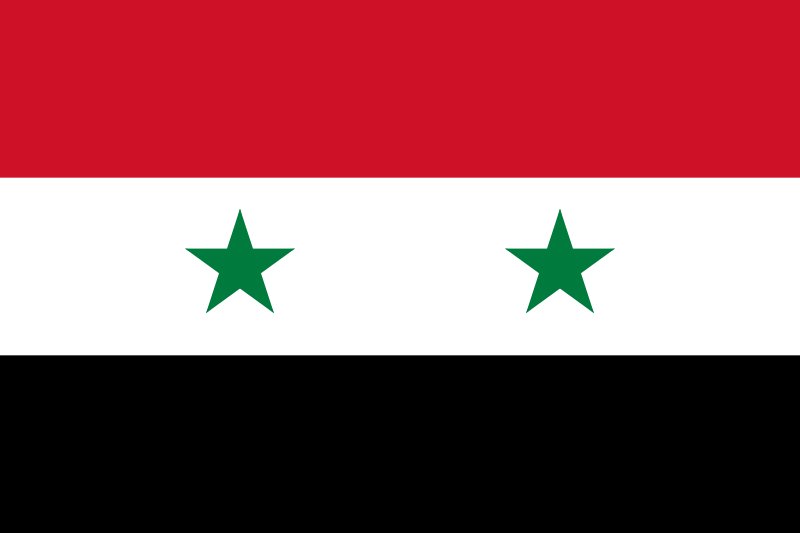
Siege Tactics in Syria: Instability for the Future
With the focus of the Syrian Civil War being on military engagements and refugee issues in the Mediterranean, sometimes, the civilians left on the battleground are forgotten.
A month after a local ceasefire brought hope to many Syrians, tragedy still continues to envelop the cities of Madaya, Zabadani, Fouaa, and Kfarya. Though the ceasefire halted the military engagements between the rebel forces and the Syrian government supporting forces (mostly Hamas) in the surrounding area, both sides have refused to permit the delivery of food and basic goods to the civilians. As of January 10, around 20,000 civilians are “facing life-threatening deprivation of the basics for survival”, according to Doctors without Borders. Thankfully, on January 11, there was an agreement to allow the Red Crescent (an affiliate of the Red Cross) into the cities to provide food and basic necessities to the residents. However, the citizens are not hopeful that the aid will last.
Their pessimism is warranted, with starvation tactics being used by the Syrian government forces as well as the rebel forces, who view food and basic necessities as bargaining chips to demand concessions from their opposition. These starvation tactics also serve both sides in politically positioning themselves to have leverage in what may become peace talks between rebellion and government forces. And the United Nations is so focused on peace talks, that its political divisions are letting these humanitarian crises slip under the radar.
With the stability of the Middle East continuously being tested by conflict and terrorism, this type of political bargaining with food and aid could be disastrous for the future of Syrian and Middle Eastern stability for three reasons:
- The siege environment is a breeding ground for illicit operations which will not hesitate to use the starving citizens as their vehicle to promote personal wealth or power. “Bad Actors” will begin controlling the distribution of food, supplies, and weapons, ultimately creating private empires that serve their own interests. This will further complicate the chances for post-war stability.
- With the involvement of multiple NGO’s, the United Nations, the United States, Russia, and other nations, the starving populations will consider all these actors to be responsible for their starvation, regardless of whether the international actors are at fault. In the future, this may cause military, diplomatic, and stability efforts to become more difficult due to an unwelcoming populace, who will view these international actors as silently accepting civilian suffering.
- ISIS will take advantage of the siege environment to build support and propagandize these civilians, potentially recruiting them to commit acts of terror, based on claims of western heartlessness and/or passiveness in regards to their daily suffering. The desperate situation of these civilians may make them more susceptible to this type of message.
Therefore, it is crucial that actors in the Syrian conflict avoid using these tactics. If Syrian Government forces and rebel forces continue to use starvation sieges as a political tactic to gain leverage in peace talks, with the United Nations begrudgingly accepting what is happening, then they should start preparing for serious post-war instability and a strengthened ISIS.





